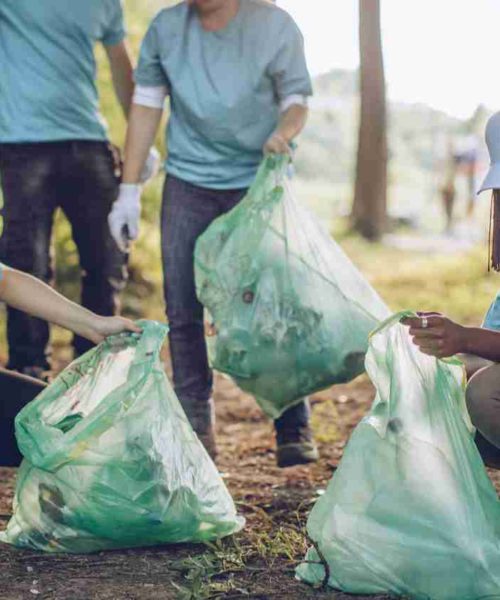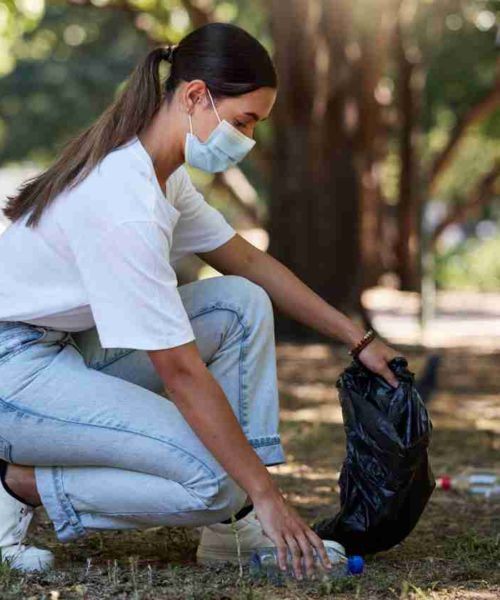Enduring an eco-friendly life can be a daunting task. Everywhere you look, there are reminders of how much we must do to preserve the health of our planet – from switching out CFLs for incandescents and using biodegradable containers when possible to acquiring reusable bags for carrying around purchases; however, this does not mean that everyday actions need to be compromised in order for others to be made greener.
Uncovering which choices make a positive impact on the environment is essential in understanding what’s truly ethical.
When one considers the myriad of issues that confront humankind, it may come as a surprise to learn that reigning supreme at the very top is our relationship with nature.
One way for individuals to support environmental causes is by employing personal choices and actions; these can be as simple as switching out old lightbulbs or picking up trash in your neighborhood – but they all contribute towards reducing the extent of environmental impact.
For instance, you may not realize it, but each time you purchase a bag of chips instead of bringing your own snack pack from home or requesting a doggie treat when dining out – you’re making an effort on behalf of Earth.
1. Buy green and ethically certified products
Buying products that are environmentally conscious and certified can be an integral component of your sustainable lifestyle.
At the pinnacle of our ethical food guide is the USDA’s 100% Promise (Hertz Wallace). This pioneering program utilizes a sophisticated array of methods to ensure that even its most basic products, from staples like rice and beans through to fruit juices and popsicles, come with rock-solid certifications declaring them as such. The assurance that these items are free from artificial additives or harmful pesticides is tantamount – it’s incontestable!
Certified by the Non-GMO Project, which pledges not to use ingredients derived from GMO crops in any of its products, this offer provides consumers with another option when hoping to avoid consuming foods made using genetically modified organisms.
2. Educate yourself and spread the message
To be successful, it is imperative to remain up-to-date with the latest developments. Daily news headlines can often provide a convenient hint of which issues are of greatest concern; conversely, failing to keep abreast of current events could leave you behind!
Regardless of how informed one may be, there’s always room for more learning. On occasion:
In an effort to infuse our planet with a little bit more goodness, consider volunteering at your local school or donating funds to organizations that promote environmental awareness. You might also identify opportunities in your community that offer courses or programs on green living – don’t overlook them!
3. Support and donate to environmental organizations
If you’re not already dismayed by the alarming rate at which climate change is affecting our planet, it’s time to take action! Donate money or volunteer your time to any organization that works toward protecting the environment.
There are many ways in which you can contribute to the cause of environmental protection. Some organizations require donations while others do not; some solicit them while others don’t even consider them – it’s all a matter of personal preference!
4. Take personal responsibility for your actions
Let’s face it: every one of us is responsible for our actions. If you are consuming a product or service which entails environmental danger, then it is your choice to do so – after all, it is yours that ultimately causes these effects! Ultimately, the issue of responsibility lies within the hands of each person.
When we assign blame to others for incurring damages on the environment, be sure to consider more than just the initial cause of any damage before declaring an individual responsible. Start by identifying and assessing your own role in the process – do you own choices contribute to this dilemma? Are there other factors beyond any single individual’s fault contributing to poor decisions like littering? Can we offer anything constructive in resolving these issues? Try taking a step back and consider whether we can identify any contributory factors beyond mere culpability when assigning blame.







